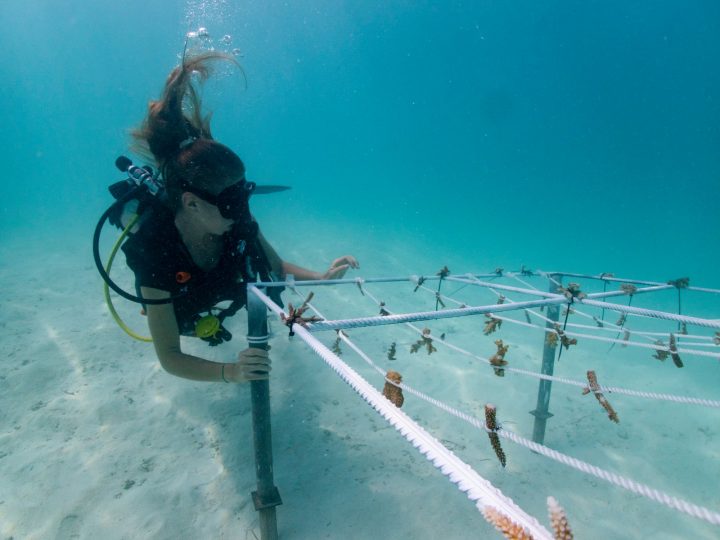
EPA should encourage, not fine coral propagation programmes
The Environment Protection Agency of Maldives (EPA) recently fined some resorts for running coral propagation programmes without conducting an Environment Impact Assessment Report (EIA). This decision has been met with criticism from some conservationists, who argue that the EPA should be encouraging these programmes, not penalising them.
Coral propagation programmes are a valuable tool for marine conservation. By taking broken corals from the lagoon and replanting them, these programmes help to create new reefs and restore damaged ecosystems. This is especially important in the Maldives, where coral reefs are under threat from climate change, pollution, and overfishing.
The EPA’s decision to fine resorts for running coral propagation programs without an EIA is based on the assumption that these programmes could have negative environmental impacts. However, there is no evidence to support this claim. In fact, studies have shown that coral propagation programmes can have a positive impact on the environment by increasing coral cover, improving water quality, and providing habitat for fish and other marine life.
The EPA’s decision to fine resorts for running coral propagation programmes is a missed opportunity. These programmes are a valuable tool for marine conservation, and the EPA should be encouraging them, not penalising them. By taking a more supportive role, the EPA could help to ensure that these programs are conducted in a responsible manner and that they have a positive impact on the environment.
In addition to encouraging coral propagation programmes, the EPA could also take other steps to protect the Maldives’ marine ecosystems. These steps could include:
- Increasing monitoring of coral reefs to track their health and condition
- Working with local communities to reduce pollution and overfishing
- Investing in research and development of new coral restoration techniques
By taking these steps, the EPA can help to ensure that the Maldives’ coral reefs remain healthy and vibrant for future generations.
In my opinion, the EPA should not fine resorts or companies for running coral propagation programmes. Instead, they should be encouraging such companies and working with them to ensure that these programmes are conducted in a responsible manner. By doing so, the EPA can help to protect the Maldives’ delicate marine ecosystems and ensure their long-term health and resilience.





